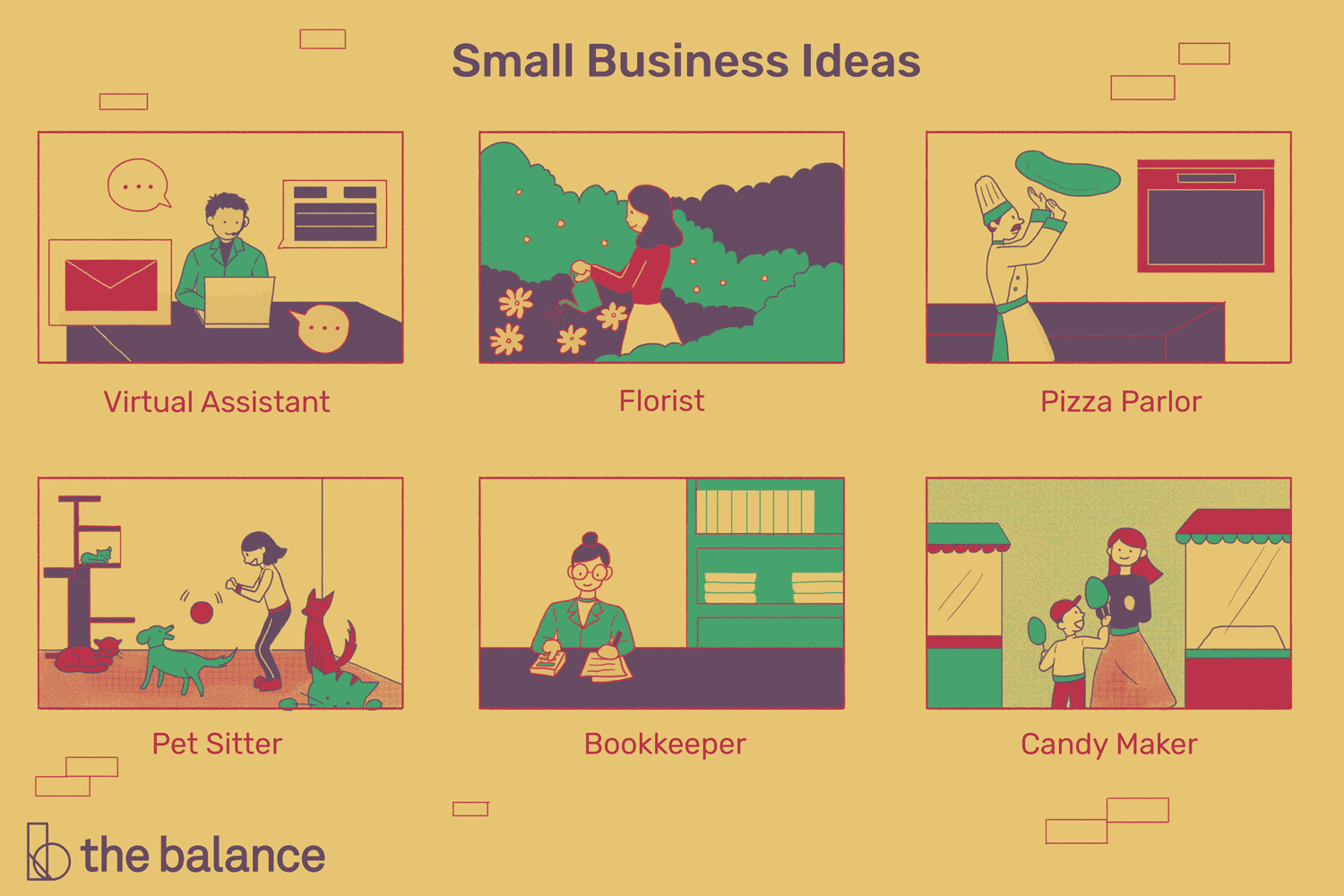In today’s dynamic business environment, achieving sustainable growth and long-term success demands a multifaceted approach. Companies must be adept at leveraging technology, focusing on customer experience, and fostering a culture of innovation. Here are essential strategies to guide businesses in navigating the complexities of modern markets and securing a competitive edge.
Harness Technology to Drive Efficiency
In the digital age, technology is a powerful enabler of business success. Companies that strategically adopt and integrate technological advancements can significantly enhance their operational efficiency and market responsiveness. Leveraging technologies such as artificial intelligence (AI) and machine learning allows businesses to automate routine tasks, analyze large datasets, and generate valuable insights. For example, AI-driven chatbots can handle customer inquiries around the clock, freeing up human resources for more complex interactions. Additionally, cloud computing offers scalable solutions for data storage and software management, reducing costs and increasing flexibility.
Enhance Customer Experience Through Personalization
Delivering an exceptional customer experience is critical for building brand loyalty and driving repeat business. Companies should focus on understanding their customers’ needs and preferences to create personalized interactions. Utilizing data analytics tools can help businesses gain insights into customer behaviors and tailor their offerings accordingly. Personalized marketing campaigns, targeted promotions, and customized product recommendations can significantly enhance customer satisfaction. Furthermore, implementing robust customer feedback mechanisms, such as surveys and reviews, allows businesses to continuously improve their services and address any pain points.
Foster a Culture of Innovation
Innovation is a key driver of growth and competitive advantage. Businesses that cultivate a culture of creativity and experimentation are better positioned to adapt to changing market conditions and seize emerging opportunities. Encouraging employees to think outside the box and explore new ideas can lead to innovative solutions and product developments. Establishing dedicated innovation teams or labs can provide a structured environment for brainstorming and testing new concepts. Staying informed about industry trends and technological advancements also helps companies identify potential areas for innovation and stay ahead of competitors.
Invest in Employee Development
A company’s success is closely tied to the skills and engagement of its workforce. Investing in employee development through training programs, professional development opportunities, and career advancement initiatives can lead to a more skilled and motivated team. Providing employees with the tools and resources they need to succeed not only boosts their performance but also contributes to overall business growth. Additionally, fostering a positive workplace culture that values collaboration, recognition, and work-life balance can enhance employee satisfaction and retention.
Build Strong Partnerships and Networks
Forming strategic partnerships and building robust networks can open doors to new opportunities and resources. Collaborating with other businesses, industry experts, and thought leaders can provide valuable insights, access to new markets, and shared resources. Partnerships with technology providers, for example, can offer access to cutting-edge tools and platforms that enhance business operations. Networking within industry associations or attending conferences can also help businesses stay abreast of market trends and forge connections that support growth objectives.
Implement Sustainable Practices
In an era where sustainability is increasingly valued by consumers and stakeholders, implementing environmentally friendly practices can differentiate a business and enhance its reputation. Companies can adopt sustainable practices such as reducing waste, improving energy efficiency, and sourcing materials responsibly. Incorporating sustainability into the business model not only aligns with consumer expectations but can also result in cost savings and operational efficiencies. Additionally, demonstrating a commitment to sustainability can attract environmentally conscious customers and investors.
Continuously Evaluate and Adapt Strategies
The business landscape is constantly evolving, and companies must be agile in adjusting their strategies to remain competitive. Regularly evaluating business performance, market conditions, and customer feedback can provide insights into areas for improvement and opportunities for growth. Utilizing performance metrics and key performance indicators (KPIs) helps businesses track progress and make data-driven decisions. Flexibility in adapting strategies and operations in response to new information and changing circumstances is essential for long-term success.
By embracing technology, prioritizing customer experience, fostering innovation, investing in employees, building strategic partnerships, implementing sustainable practices, and staying adaptable, businesses can navigate the complexities of the modern market and achieve lasting success. Each of these strategies plays a crucial role in driving growth and ensuring that a business remains resilient and competitive in a rapidly changing world.


